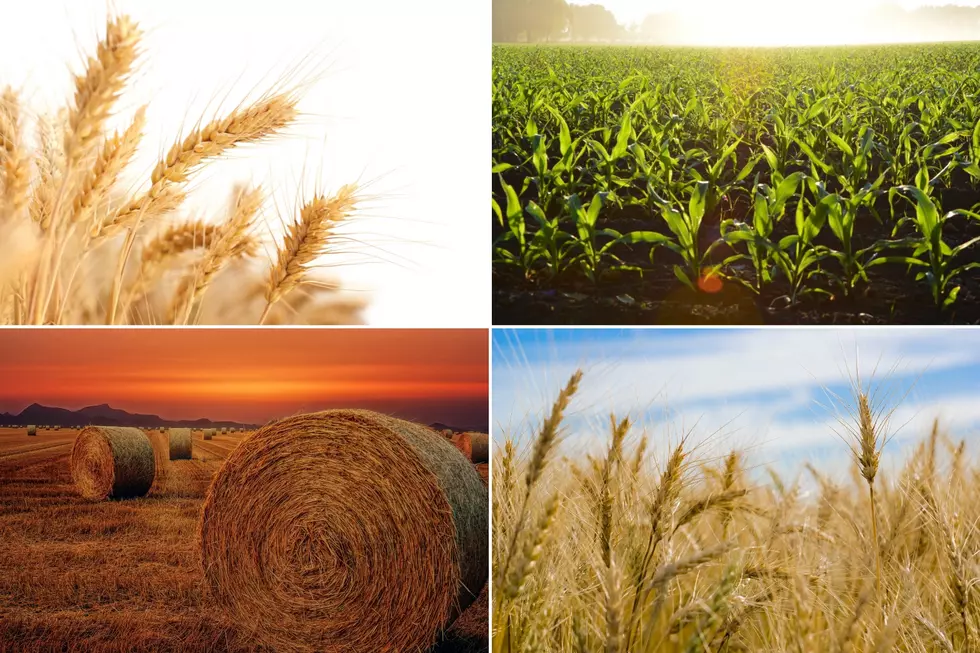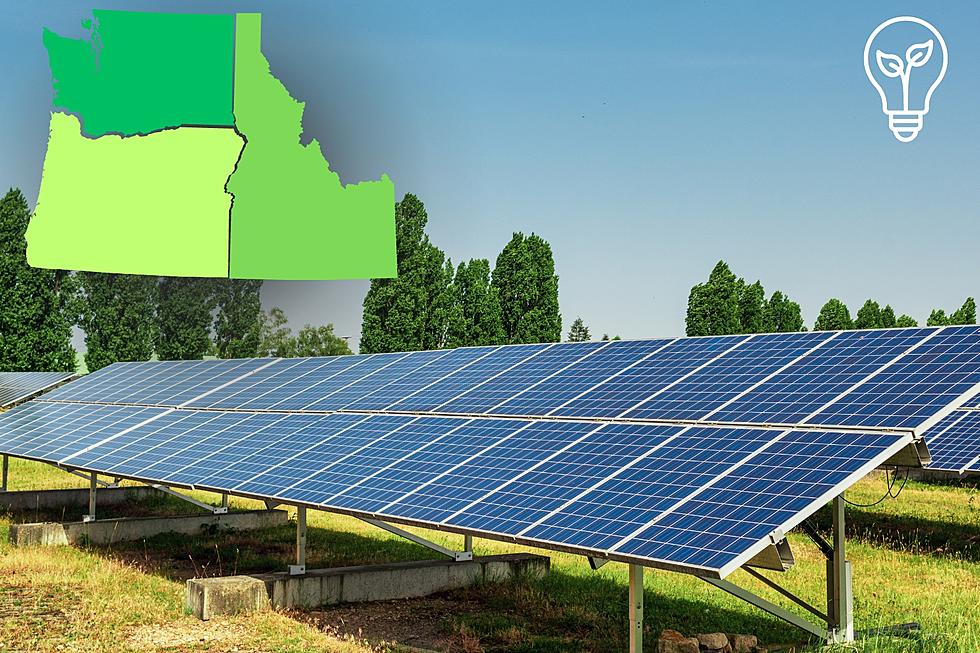
WSU Ranked Number One In USDA Research and Development Expenditures
Washington State University recently topped the list of USDA research and development expenditures. In the 2016 fiscal year, WSU researched expended $42.8 million in USDA research and development funding. That figure led the list of 350 universities nationwide, according to the National Science Foundation’s Higher Education Research and Development Survey. Jim Moyer, Associated Dean of Research for WSU’s College of Agricultural, Human and Natural Resource Sciences, says the working relationship between the USDA and WSU is very strong. He points to several projects that are being discussed, or currently taking place on the Pullman campus.
“Joint programs to address Falling Numbers, which has a significant impact on the grain growers. And then also meeting with the program leaders of the various competitive programs and talking about high levels of area of mutual interest.”
Moyer added this speaks to the great staff and faculty at WSU. He noted many are being recognized not only regionally, but nationally and internationally for the great work they have done.
“That validation brings us opportunities for greater exposure and with that exposure comes additional opportunities.”
WSU has consistently been in the top five for USDA research spending since 2010.
The top USDA-funded, WSU-led research projects include:
- The Northwest Advanced Renewables Alliance – or NARA – research to use forest residuals to create bio-based alternatives to petroleum-based jet fuel. Seattle-based Alaska Air was the first commercial airlines to fly with this kind of biojet fuel in November 2016.
- An Agriculture and Food Research Initiative research project using microwave technologies to improve food safety and the control of food-borne bacterial and viral pathogens. Seattle-based Amazon, the world’s biggest online retailer, is currently exploring ready-to-eat dishes such as beef stew and a vegetable frittata using the new technology.
- A National Institute of Food and Agriculture specialty crop initiative to reduce the impact of insect and disease problems in hops through the development of preventive and predictive strategies. Washington state’s Yakima Valley is home to one of the most fertile and productive hop growing regions in the world.
If you have a story idea for the Washington Ag Network, call (509) 547-1618, or e-mail gvaagen@cherrycreekradio.com
More From PNW Ag Network









